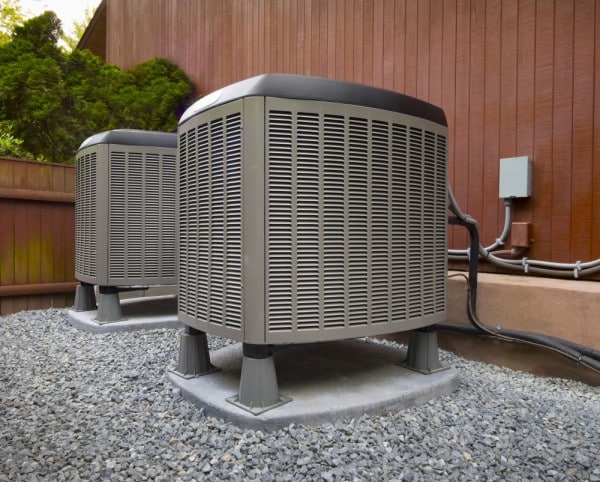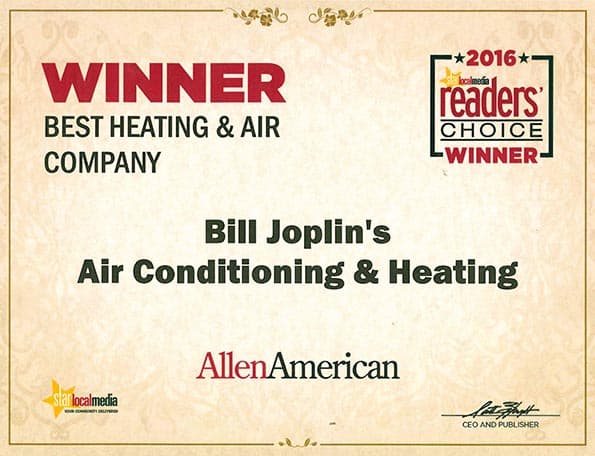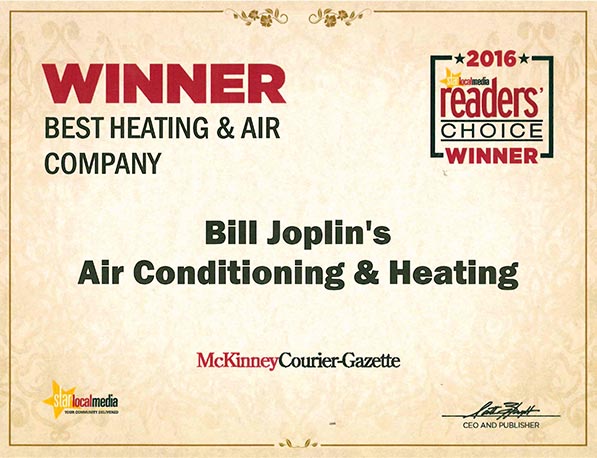It’s finally happened. Your old air conditioner has died on you, right in the hottest part of summer. Your Frisco, Texas, home is warm and getting warmer the longer you wait. Choosing a new air conditioner is a big financial decision, though. It’s not one you can make lightly. You have to consider your budget, your resources, and your home.
While you’re looking for your next air conditioning system for your Frisco, Texas, home, take a look at these tips to make the process a little easier to navigate.
What Type Do You Need?
You may think that you automatically need the same type of unit you had before. In most cases that’s true, but not always. Here are two different types to consider.
Central Air Conditioners: The most common type of unit, a central air conditioner consists of an outside condenser, indoor air handler with a blower and evaporator coils, and ductwork running throughout your home. The indoor air handler may be installed in an attic, garage, or basement. If your ductwork was poorly installed or nonexistent, a central unit may also require the additional cost of fixing or installing ductwork.
Ductless Air Conditioners: An alternative for those upgrading from window units or anyone who doesn’t want the cost of ductwork, a ductless air conditioner cools a room or zone of rooms with a unit installed on the wall and an outdoor unit. Depending on the type you buy, one outdoor unit may be able to control multiple indoor units.
Look for Energy Efficiency
Any air conditioner you buy to replace an old unit will be more energy efficient. When you replace a central air conditioner, make sure both the condenser and the air handler are replaced at the same time. The two components were made to work together. If you change one and not the other, your system may become inefficient.
The SEER (Seasonal Energy Efficiency Rating) is an important factor in determining how well your new unit will use energy. New models are required to have at least a 14 SEER rating, but many have ratings of 15 or higher. We offer the Infinity 21 by Carrier, a 21 SEER-rated system.
Size Matters
Most people believe that the bigger the air conditioner, the better it will cool your home. It’s not that simple. A system that’s too big will switch on and off more often, raising your energy costs, and it won’t run long enough to reduce humidity.
The size of your new unit shouldn’t be based just on the square footage of your home. The cooling load of your home should also be factored in. This can be figured out by looking at the size of your home, the amount of insulation in it, and the size of your windows.
Consider Cost
If you have a flexible budget, there are several things you may want to consider with regard to cost. Think of how efficient the system is and how much you’ll save on your energy costs each month and year. Additionally, consider the added value to your home if you plan to sell. Updating and adding new ductwork may be a big expense, but giving your home a good central air conditioner that’s effective and efficient can be a big selling point.
Work With the Right Company
It’s always a good idea to get multiple bids when you need a new air conditioner. The cost of the unit and installation is too big to leave to chance. When you receive bids, you should consider more than just the cost. Ask yourself these questions to find the right company:
- Do they carry brands that are known for quality?
- What kind of warranty is available for the unit and for the labor?
- Do they offer a high-quality maintenance plan?
- Can they explain why their recommendations are the best?
- Were they thorough in looking over your home before giving you an estimate?
What you don’t want is a company that will charge you a lot of money and deliver nothing in return. You also need someone who can help you keep your unit working for many years.
When you’re ready to upgrade to a new air conditioner, contact us at Bill Joplin’s Air Conditioning & Heating. Call us at 888-414-4655, and let us show you why we’re the best choice for your cooling needs.





